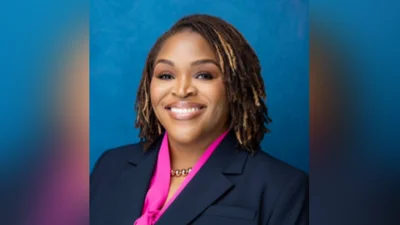On August 25, 2025, President Donald J. Trump signed an Executive Order aimed at ending cashless bail for individuals whose criminal charges or history pose a risk to public safety. This move is intended to enhance the protection of American citizens.
The America First Policy Institute (AFPI) has expressed strong opposition to what it describes as the misuse of cashless bail policies by certain judges and prosecutors. AFPI argues that these officials prioritize the rights of violent offenders over public safety, which they believe promotes a harmful agenda. The institute's report from May 2024, titled "Progressive Prosecutors Abusing Their Power," highlights how policies like cashless bail and broad decriminalization measures may undermine accountability and increase community risks.
AFPI emphasizes that while cashless bail was designed to alleviate financial burdens on nonviolent individuals unable to post bail, it has sometimes been used to release repeat violent offenders without consequence. They advocate for a justice system that detains violent individuals who threaten community safety while not excessively punishing those charged with low-level or nonviolent crimes.
Brett Tolman, Chair for Law & Justice at AFPI, said: "Cashless bail for serious crimes is a dangerous experiment that makes communities less safe. When individuals charged with violent offenses are released without safeguards, accountability vanishes, victims pay the price, and the trust citizens place in the justice system erodes."
President Trump's Executive Order seeks to limit cashless bail for serious violent crimes, aiming to prevent high-risk offenders from reoffending and restore confidence in legal systems.
Information from this article can be found here.





